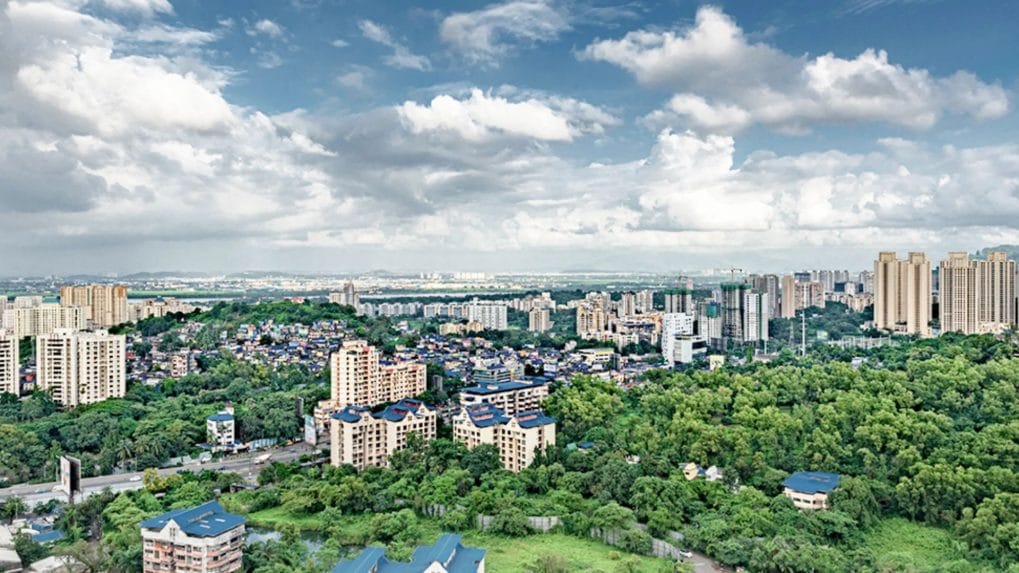Maharashtra to earn over Rs 20,000 crore in revenues from Mumbai redevelopment: Research
The Western Suburbs are set to dominate this wave of renewal, contributing 32,354 housing units – nearly 73% of the projected supply – from Bandra to Borivali.
ADVERTISEMENT
Mumbai’s housing landscape is on the cusp of a massive transformation, with society redevelopment projects expected to add over 44,000 new homes worth INR 1.3 trillion by 2030, according to research released by Knight Frank India. The analysis estimates that 910 housing societies across the Municipal Corporation of Greater Mumbai (MCGM) region have signed development agreements since 2020, unlocking nearly 327 acres of land. With more than 160,000 societies older than 30 years and eligible for redevelopment, the report suggests the scale of change is only beginning.
The Western Suburbs are set to dominate this wave of renewal, contributing 32,354 housing units – nearly 73% of the projected supply – from Bandra to Borivali. Central Suburbs will add another 10,422 homes, while Central and South Mumbai lag behind due to fragmented ownership, higher costs, and legacy tenancy issues. In total, the city is expected to see 44,277 new units across micro-markets, with an estimated market value of INR 1,305 billion.
The state government, too, stands to benefit significantly, with free sales expected to generate INR 6,500 crore in revenues and an additional INR 6,525 crore in GST collections over the next five years. Stamp duty inflows could amount to INR 7,830 crore.
“Society redevelopment in Mumbai is both inevitable and essential, given the city’s limited avenues of greenfield growth and rising demand,” said Shishir Baijal, Chairman & Managing Director of Knight Frank India. “However, the segment appears overheated and is fast reaching a point of inflection. At this stage, it is imperative for both societies and developers to leave adequate headroom in their arrangements and structure finances prudently to ensure resilience against emerging challenges.”
Between 2020 and mid-2025, suburban corridors accounted for almost 96% of all redevelopment deals, with Borivali, Andheri, and Bandra emerging as hotspots. The report also highlights that over 80% of agreements were for plots smaller than half an acre, underscoring challenges in land aggregation but also reflecting Mumbai’s fragmented redevelopment ecosystem.
Gulam Zia, Senior Executive Director, Knight Frank India, stressed the need for sustainability in deal structuring. “In markets below INR 40,000 per sq ft, developers should not share more than 30–35% of the total area with societies. This may rise to 50% in prime markets, but beyond these levels, projects lose financial flexibility and become vulnerable.”
Redevelopment projects are also long-haul undertakings, with timelines stretching 8–11 years from inception to handover. The process—from securing member consent to appointing developers, obtaining permissions, and completing construction—leaves projects exposed to market cycles and regulatory shifts. Societies with clear titles, unified consent, and strong documentation attract better developers and achieve faster closures, the report noted.
As Mumbai moves from horizontal expansion to vertical renewal, redevelopment is expected to define the city’s next housing cycle. With more than 910 projects already in motion and thousands more societies waiting in the wings, success will hinge on a balance of policy support, financial discipline, and stakeholder alignment to convert this opportunity into sustainable citywide renewal.

